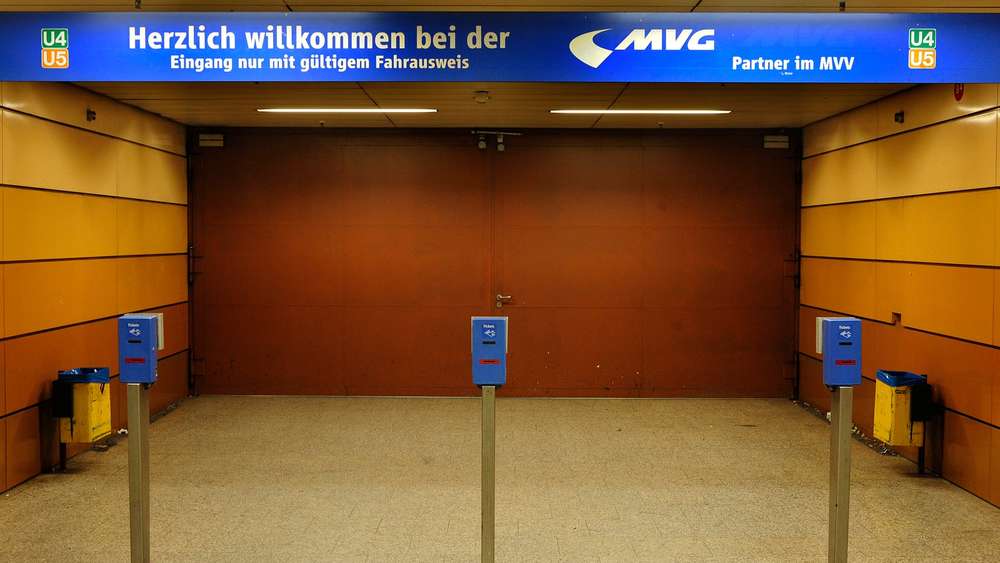NSB2017
Member
- Joined
- 12 Jun 2018
- Messages
- 49
Split from another thread:
Is it not obvious that one has to purchase a ticket before getting on a train? To take the above to the extreme, should everyone wear a sign stating the potential repercussions for someone who wants to stab them in order for said repercussions to be available?
I have some sympathy with those on the lines where buying on board has been the norm, or at least perceived to be, but for someone traveling from a busy, staffed station is it really believable that someone logically thought “oh, I’ll just get on”?
I agree - the previous Northern franchise seemed one of few operators that actually (slightly) advertised the potential ramifications of boarding without a ticket, where you could have bought one. But new Northern doesn't do that, and I'm certainly not aware of any other operator that advertises it. Seems a little underhanded, doesn't it!
Is it not obvious that one has to purchase a ticket before getting on a train? To take the above to the extreme, should everyone wear a sign stating the potential repercussions for someone who wants to stab them in order for said repercussions to be available?
I have some sympathy with those on the lines where buying on board has been the norm, or at least perceived to be, but for someone traveling from a busy, staffed station is it really believable that someone logically thought “oh, I’ll just get on”?


